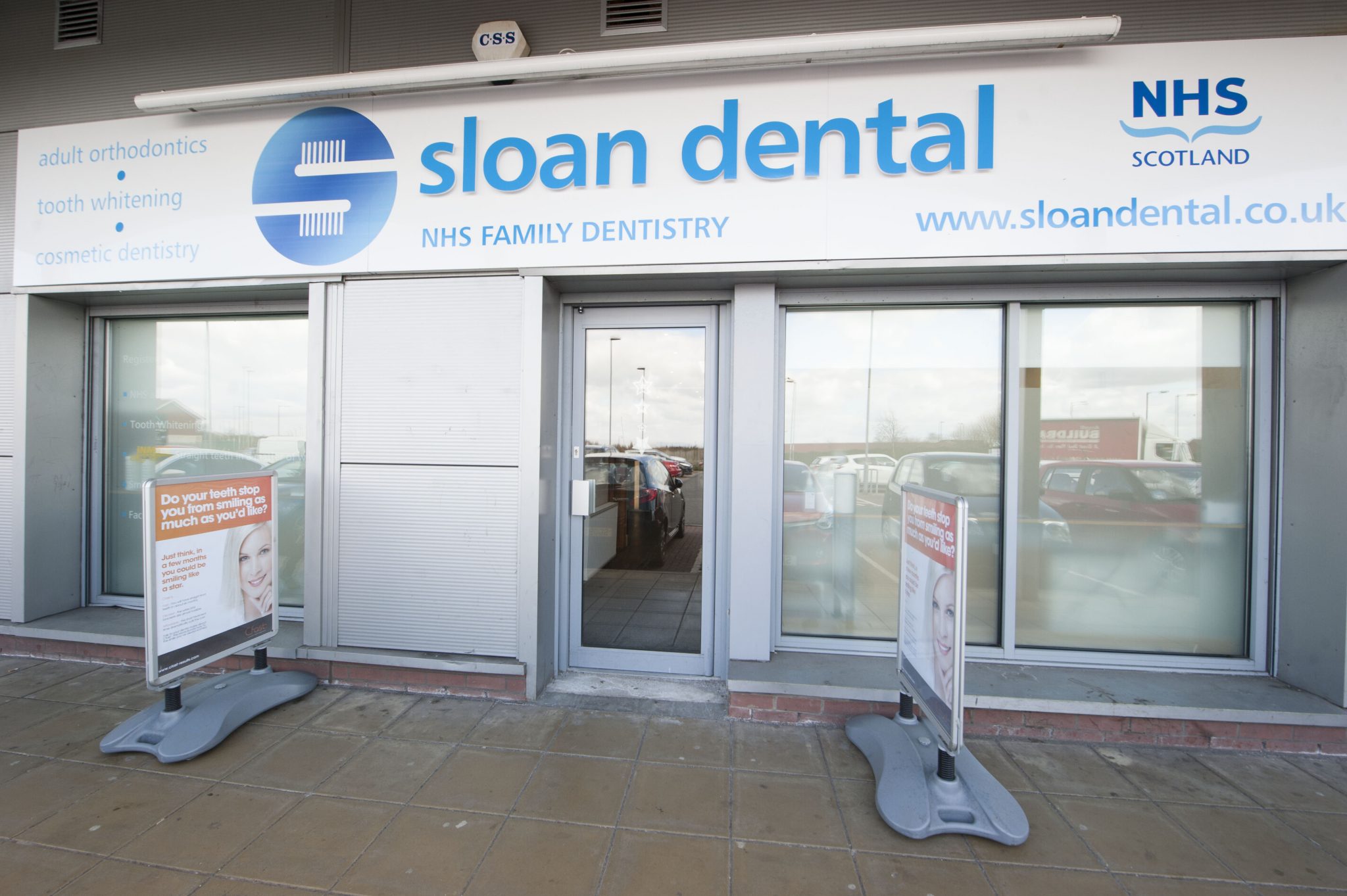Invisalign is one of the most popular clear orthodontic systems available. When patients visit the practice looking for discreet teeth straightening, they nearly always ask for Invisalign by name.
While it might be popular, Invisalign isn’t right for everyone. There are some clear advantages and disadvantages of Invisalign that should always be made clear before you start treatment. In this blog, we’ll outline some of the pros and cons of Invisalign so you can decide if this is the right fit for you.
Remember that the clinical assessment will also help to determine if you are a candidate for Invisalign braces. Not everyone is suitable for this type of orthodontic treatment, but there may be other options that will be ideal for you.
Advantages of Invisalign
Discreet aligners
One of the most popular pros of Invisalign is the clear aligners. This discreet treatment option allows you to get braces at any age without feeling self-conscious. While traditional braces now typically use tooth coloured brackets and clear wire, this is still more prominent than clear plastic aligners.
No one will ever need to know that you are wearing braces with Invisalign. While not completely invisible, the aligners are clear and incredibly discreet. If you need Invisalign attachments, these might be slightly more obvious, but all attachments will be the same colour as your teeth.
No food is off limits
The thought of giving up your favourite foods for 18+ months might be enough to make you think twice about traditional braces. With Invisalign, you don’t have to worry about changing your diet throughout your orthodontic treatment.
Before every meal, simply remove your aligners and store them safely. You can then enjoy all of your favourite food and drinks. Pizza, bagels, corn on the cob, popcorn and the occasional sweet treat will all stay on the menu with Invisalign.
Easy to brush and floss
Learning to brush your teeth with fixed braces is a difficult task, but Invisalign removes this common obstacle. Since you can remove your aligners to brush and floss, you don’t have to invest in any specialist tools or learn any new techniques.
No painful adjustments or rubber bands
Traditional braces require frequent trips to the dentist to adjust the wires and ensure the treatment is progressing as it should. You may also need rubber bands to correct your bite alignment.
Invisalign requires fewer trips to the dentist throughout your treatment. You change your aligners at home and visit for periodic checkups so your dentist can monitor the progress.
Disadvantages of Invisalign
Aligners require extra care
While you can remove your aligners to brush your teeth and eat your favourite meals, you won’t be free from the extra maintenance that typically comes with orthodontic treatment. Aligners need to be cared for to help prevent staining and bacteria growth.
You’ll be wearing your aligners for 20-22 hours per day, so they will need to be deep-cleaned at least once a day. They will also need to be rinsed before you replace them after a meal. Without this essential step, you could end up with tooth decay and gum disease that could disrupt your treatment plan.
Not suitable for all cases
A lot of patients get excited for Invisalign because it has a bit of a cult following. So, naturally they are disappointed if they are told they are not a candidate.
The shape of your teeth will determine if the treatment will work for you. Short, round or pegged teeth are difficult to correct with aligners. Invisalign will also struggle to correct teeth rotated past 20 degrees. And finally, prior dental work such as a dental bridge might rule you out.
You need self-discipline
For the treatment to be successful, you need to commit to wearing your aligners for 20-22 hours per day. And you need to have the self-discipline to be able to do this even when the aligners are uncomfortable.
Another common problem for adults and teens is simply forgetting to replace the aligners after a meal. Or misplacing them after a meal. If you are forgetful or often misplace things, Invisalign aligners might not be the right choice for you.
Some discomfort
Patients often have the misconception that their treatment will be pain free. They assume that the slow and gradual movement will make the treatment more comfortable. Patients should expect some discomfort throughout their Invisalign treatment.
The teeth are set in bone and the only way to move them is through the gentle application of pressure. You won’t be in pain, but you should expect some discomfort when you switch to a new aligner and your teeth and gums go through an adjustment period.
Can Invisalign cause problems?
Any orthodontic system has the possibility of causing problems. The teeth need to be moved gradually to help prevent damage to the root. The aligners also need to be worn consistently throughout the treatment programme to have the intended results.
Some of the most common problems with Invisalign happen because the patient hasn’t followed instructions. This can include failing to clean the aligners or not wearing them for long enough every day.
Can Invisalign damage teeth?
If the aligners are not cared for correctly, this can lead to a build up of bacteria on the aligners and on your teeth. This can cause tooth decay and gum disease.
The best way to avoid this is to follow instructions for caring for your Invisalign aligners. After a while, this will feel as second nature as brushing your teeth.
Do teeth stay straight after Invisalign?
When left to their own devices, teeth may drift back into misalignment after Invisalign treatment has ended. The best way to counter this is to wear a retainer at night. You may need to wear this for the rest of your life if you want to keep your teeth straight. This is the same for all orthodontic treatments, not just Invisalign.
Start your Invisalign braces journey
Ready to start your Invisalign journey? Get in touch with Sloan Dental today to find out if you could get a more confident smile with Invisalign.
If you’re not a fan of the cons of Invisalign outlined above, don’t worry! We can advise on alternative treatments to get your teeth perfectly aligned.



